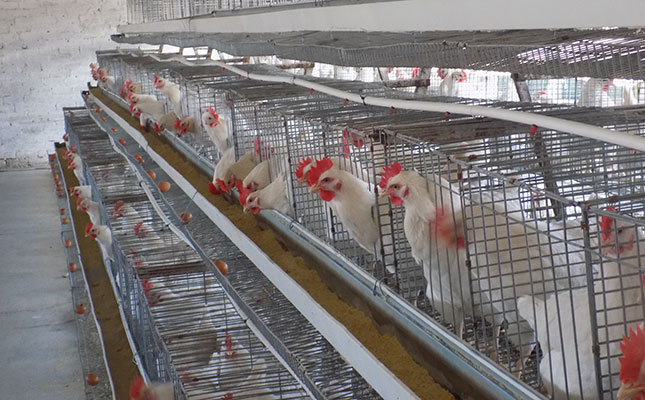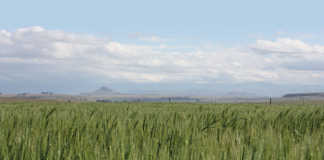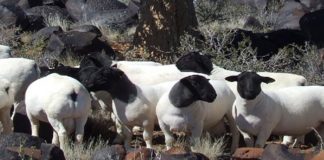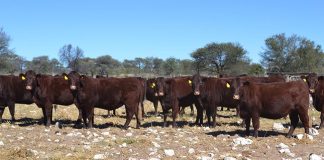
Photo: Annelie Coleman
The poultry industry in Namibia didn’t escape the impact of the COVID-19 pandemic, according to René Werner, chairperson of the Namibia Poultry Producers’ Association (PPA).
Due to “panic purchases” during the first two weeks after the implementation of COVID-19-related lockdown restrictions in that country last year, there was initially very high demand for poultry products.
READ Herefords in Namibia: 100 years of genetic improvement
“After that, a ‘new normal’ [emerged, with] restrictions on the tourism industry causing egg purchases to plummet, [and] prices had to be adjusted downwards to stimulate increased demand for eggs in the informal markets.”
But, Werner said, looking to the future, opportunities did exist for Namibia to grow its poultry sector and to move closer to self-sufficiency.
According to him, the country’s six egg producers marketed about 100 million eggs per annum. These egg production farms were mainly centred around Windhoek and Okahandja due to the close proximity to markets, feed and other input suppliers.
He said all indications were that Namibia could become self-sufficient in terms of egg production in the next year or two.
READ Online training gives wings to developing poultry farmers
However, the industry still faced many challenges such as cheap chicken imports and the high cost of imported inputs.
At present, the monthly demand for chicken was 3 000t, of which only 1 700t were produced locally.
“I therefore believe there is [great] scope for more chicken producers in Namibia. At the moment we have only one commercial chicken meat producer and are dependent on imports. This creates ample opportunity for new investment in the industry,” said Werner.
High red meat prices, including beef, mutton and venison, also created a need for cheaper protein products, resulting in increased demand for chicken towards the end of last year.













